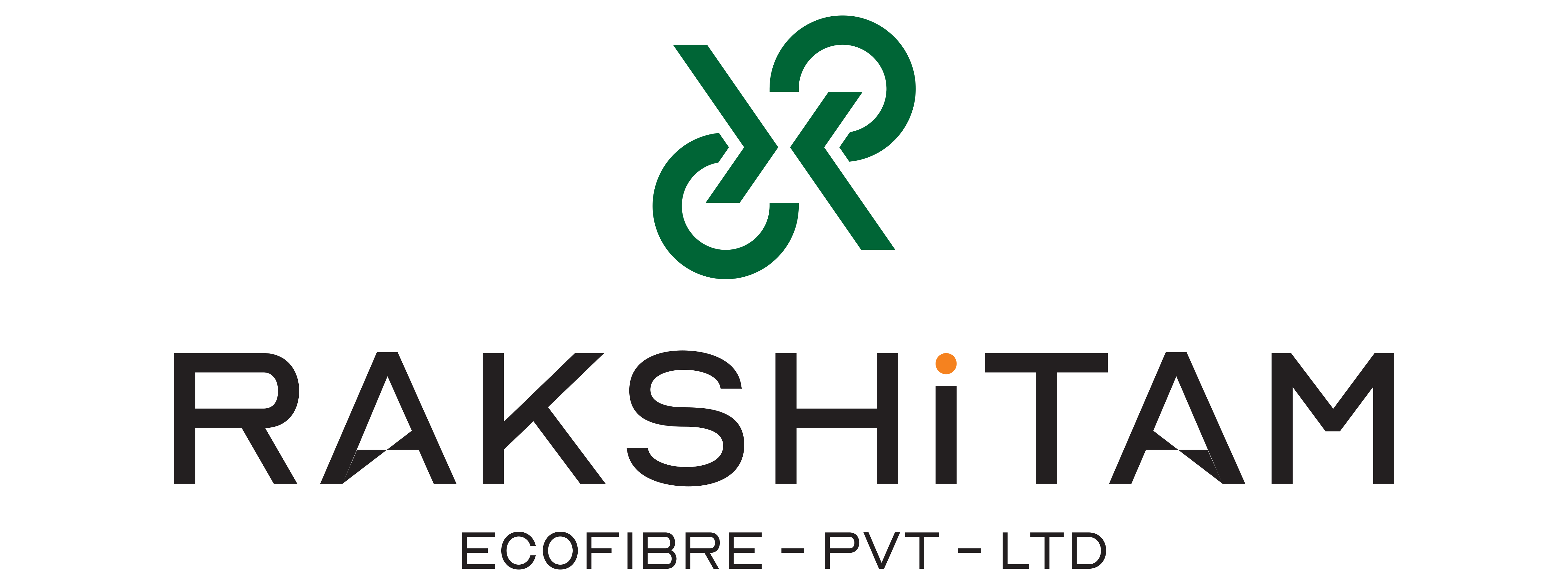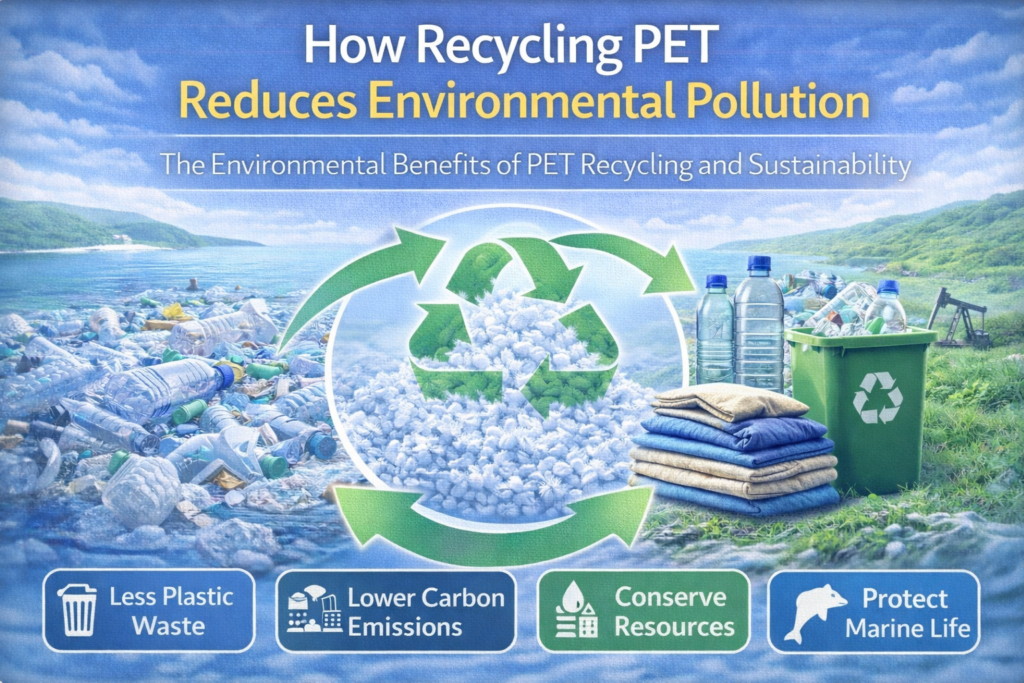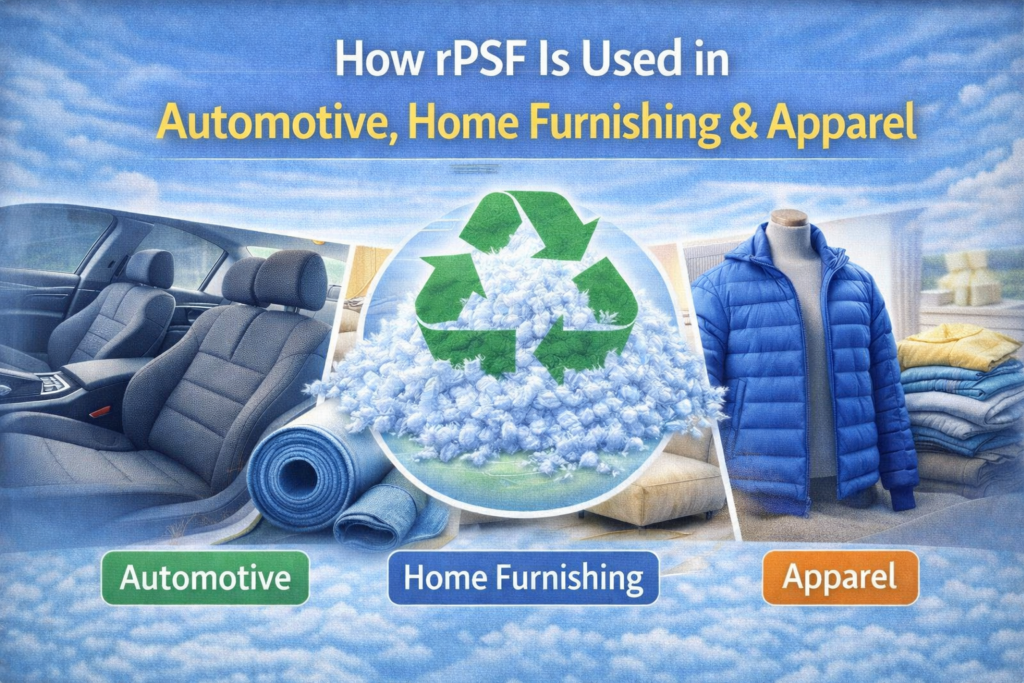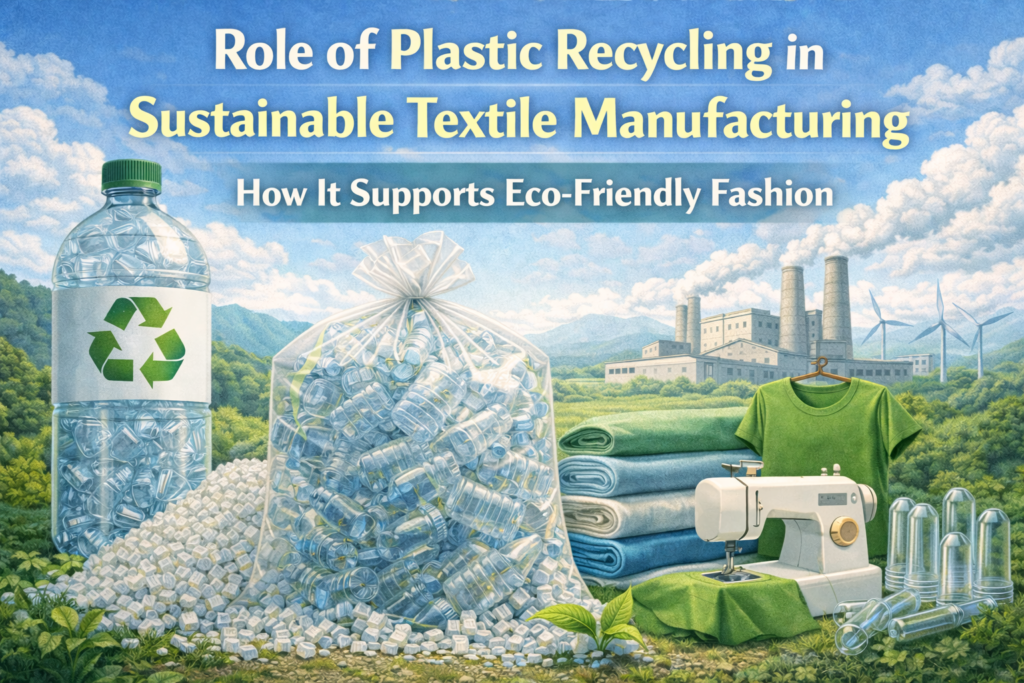Recycled Polyester Staple Fiber, or RPSF, has green credentials as a substitute for ‘virgin’ polyester, used for textiles, non-wovens, and for further industrial purposes. Of critical importance to RPSF is denier, or the term used to classify the weight of the fiber. Denier is of fundamental importance to many manufacturers, designers, and buyers and is a whole measurement of great importance because it determines the quality, touch, and the use performance of the fiber.
What is Denier in RPSF?
Denier is a measuring unit that describes the fineness or thickness of a fiber. It is technically defined as the weight in grams of 9,000 meters of fiber. An example is a fiber with a denier of 1 weighs 1 gram for 9,000 meters. Denier in RPSF assists in establishing the strength, softness, and durability of the fiber, which are all needed to produce various fabrics and materials.
A lower denier number means a finer, more flexible, softer fiber, usually for lightweight materials such as linings or blends. Conversely, a higher denier means a stronger, thicker fiber good for heavy-duty fabrics, upholstery, or industrial applications.
How Denier Impacts RPSF Quality
Denier in RPSF has a major contribution to the quality of the fiber:
- Strength and Durable Strength: Stronger and more durable are the higher denier fibers. They are suited for carpets, ropes, and bags.
- Softness and Comfort: Lower denier fibers are softer to touch. They can be used well in clothing, bedding, and home furnishings.
- Appearance of Fabric: Denier influences the texture and drape of the fabric. Smooth, lightweight fabrics are created by higher denier fibers, while rougher denier fibers add bulk and structure.
- Recycling Efficiency: Optimal denier in recycled fibers provides improved performance with sustainable properties intact.
Typical Denier Ranges in RPSF
Recycled Polyester Staple Fiber is available in a range of denier ranges, often classified as:
- 1.2 – 3 Denier: Finest fibers for gentle fabrics, non-wovens, and clothing.
- 3 – 6 Denier: Medium denier fibers for blends, padding, and wadding.
- 6 – 15 Denier: During the spinning of synthetic textiles, denier measurement, a heavy duty fabric, rope and carpet industrial denier division, and thicker strands of fabric are used.
Producers opt for the shortest unit of measurement for denier processing paying attention to the final use value and processing cost of the product, balancing among strength, tensions, and aesthetics.
Uses of RPSF Depending on Denier
An understanding of denier is critical to optimally utilize RPSF.
- Fabrics and Clothing: Thin denier RPSF can be used for t-shirts, jackets, and casual clothing with soft feel and porous material.
- Home Furnishings: Medium denier fibers are best suited for quilts, cushions, upholstery, and rugs, with a balance between comfort and strength.
- Industrial Usage: High-denier RPSF is applied in ropes, mats, filters, and similar heavy-duty usage requiring tough and resistant fibers.
- Non-Woven Materials: RPSF is extensively utilized in non-wovens for hygiene items, insulation, and geotextiles, where the thickness of the fiber influences absorption, weight, and strength.
Also Read: B2B Food-Grade Resin Traceability Certification and Innovation Guide
Conclusion
Denier is a critical factor in the assessment of Recycled Polyester Staple Fiber (RPSF). Denier influences the thickness, texture, strength, and quality of the fiber. Through the knowledge of denier, manufacturers and consumers can select the appropriate fiber for various uses, from soft clothes to robust home furnishings to industrial-strength fabrics. With increasing demand for environmentally friendly and sustainable textiles, maximizing RPSF denier provides high-quality products while sustaining recycling efforts.
